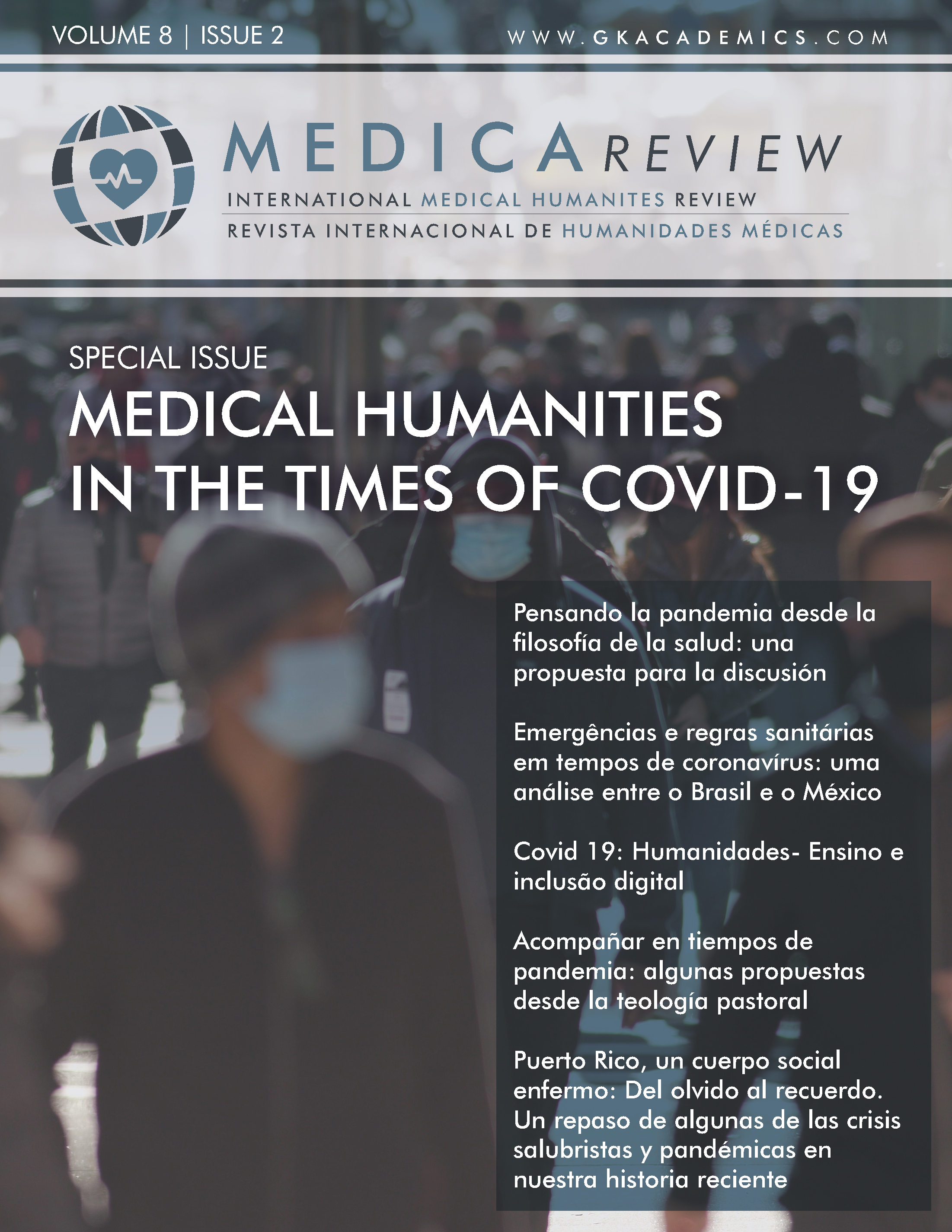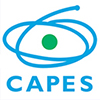Covid 19: Humanities- Teaching and Digital Inclusion
DOI:
https://doi.org/10.37467/gka-revmedica.v8.2545Keywords:
Covid19, Education, Digital inclusion, Active learning methodologiesAbstract
This article proposes to analyse the difficulties of higher education in a Language course due to digital inclusion during the pandemic caused by COVID19. The objective is to consider how remote education improves communication between students and teachers in the teaching-learning process. Methodologically, we analysed some remote classes in a Literature course that applied Active Learning Methodologies in the wake of authors such as Bates (2016), Bergmann (2016) and Ribeiro (2020). Our main contribution is to show how this specific educational moment, caused by the confinement, brought about the digital inclusion of students through new distance or face-to-face methodologies.
Global Statistics ℹ️
|
94
Views
|
50
Downloads
|
|
144
Total
|
|
References
Bates, T. (2016). Educar na era digital: design, ensino e aprendizagem. São Paulo: Artesanato Educacional.
Bender, W. N. (2014). Aprendizagem baseada em projetos: educação diferenciada para o século XXI. Porto Alegre: Penso
Bergmann, J. & Sams, A. (2016). Sala de aula invertida: uma metodologia ativa de aprendizagem. Rio de Janeiro: LTC.
Boldrini, A. (2015). Livro-aplicativo mistura leitura e game. Jornal Folha de São Paulo (Caderno Ilustrada), 28 nov, pC3.
Gimenes, R. (2017). Literatura brasileira: do átomo ao bit. São Paulo: Scortecci.
Horn, M. B. & Staker, H. (2015). Blended: usando a inovação disruptiva para aprimorar a educação. Porto Alegre: Penso.
Minetti, S. (2009). RPG&Camões: uma visão lúdico-prática sobre aprender e ensinar. Os Lusíadas. Monografia de Licenciatura em Letras, Universidade Paulista, Campus Alphaville, São Paulo.
Nakayama, A. M. (2020). Papa Francisco e Paulo Freire: interlocução das ideias e ideais da educação. In aescolalegal.com.br, 18 de maio.
Peixoto, L. S. D. (2020). Os impactos da pandemia na inclusão digital. Justificando: Mentes inquietas pensam Direito. Disponível em https://www.justificando.com/2020/05/07/os-impactos-da-pandemia-na-inclusao-digital/, acesso em 23 de maio 2020.
Ribeiro, M. T. P. (2020). Inclusão digital e cidadania. Disponível em https://www2.faac.unesp.br/blog/obsmidia/files/Maria-Thereza-Pillon-Ribeiro.pdf, acesso em 23 de maio 2020.
Santaella, L. (2007). Da poesia concreta à ciberpoesia. In L. Santaella, Linguagens líquidas na era da mobilidade. São Paulo: Paullus.
Santaella, L. (2013). Comunicação ubíqua. São Paulo: Paulus.
Santos, B. S. (2020). A cruel pedagogia do vírus. Coimbra: Almedina.
Soares, J. (2016). Escolas de programação querem ser populares como curso de inglês. Folha de São Paulo. Caderno MPME, 17 de abril de 2016. p4
Valente, J. A. (2017). Aprendizagem ativa no Ensino Superior: a proposta de aula invertida. Disponível em http://www.pucsp.br/sites/default/files/img/aci/27-8_agurdar_proec_textopara280814.pdf, acesso em 26 de novembro de 2017.
Downloads
Published
How to Cite
Issue
Section
License
Those authors who publish in this journal accept the following terms:
- Authors will keep the moral right of the work and they will transfer the commercial rights.
- After 1 year from publication, the work shall thereafter be open access online on our website, but will retain copyright.
- In the event that the authors wish to assign an Creative Commons (CC) license, they may request it by writing to administracion@edulab.es









